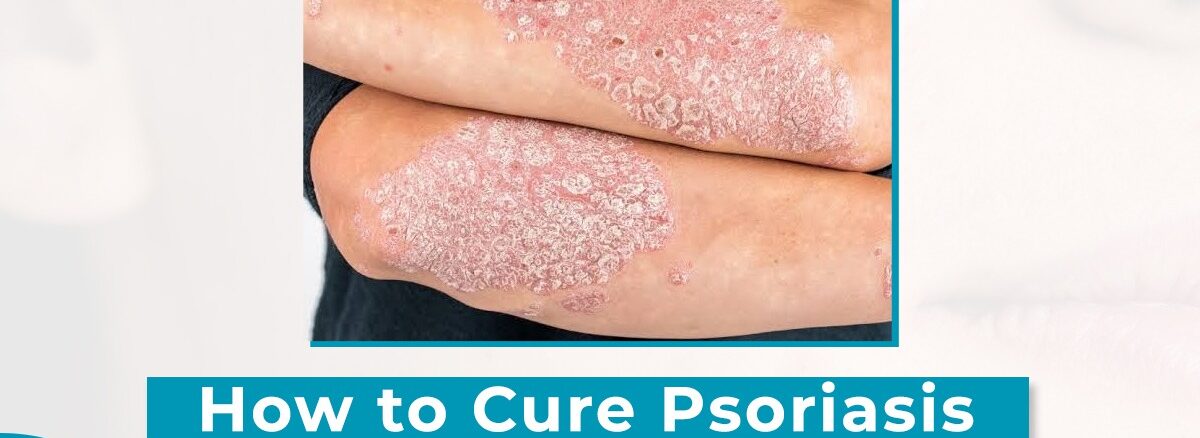Psoriasis is a common and chronic skin problem. Psoriasis is seen worldwide in around 2-4% of the population. It commonly affects in the age group of the 20s to the ’40s but is seen in all age groups including children. Both males and females can have psoriasis but more commonly seen in men in comparison to females. For a detailed discussion on this chronic skin disease, you can consult with me, the skin specialist in Ludhiana. Let’s get to know its causes and possible treatment.
Causes of Psoriasis
Psoriasis can be seen in pregnant mothers, do not be worried, psoriasis is not transmitted from the mother to the child, your skin specialist doctor will guide you through your pregnancy and help you with the best treatment options during pregnancy. A man or woman, on treatment for psoriasis, whenever you plan for pregnancy (plan to have children), should visit the dermatologist to re-plan their treatment options. As certain medicines used for psoriasis need to be stopped, a few months before getting pregnant, before conceiving a baby.
Though no known cause is documented for psoriasis, it’s known to have a genetic predisposition as it’s commonly seen in families, affecting the parents or children or amongst siblings. Psoriasis is not an infectious disease, hence it’s not contagious, and it doesn’t spread from person to person. You do not get it from anybody and psoriasis cannot pass it on to another person. Psoriasis is not a fungal infection or any other infection, some people confuse it with leprosy too, psoriasis is not leprosy, your dermatologist will be able to differentiate psoriasis from fungal infection or eczema. Do not unnecessarily take anti-fungal medicines or any other medicines, without the consultation of a skin specialist.
Another common question asked by patients is, what to eat and what to avoid in case of psoriasis. Please be assured, no food, no particular fruit, or vegetable is responsible for psoriasis. I tell my patients to eat healthily, what’s good for everybody, is good for you, and what’s bad for everyone is bad for you too. Eat everything in moderation, moderation is key to a healthy life. I tell my patients if they feel that a particular food or a particular fruit or vegetable is not suiting, they may not eat that.
Psoriasis is a chronic disease, it has relapses and remissions, and it comes and goes by itself. There may be disease-free periods for weeks to months to years, no one can predict these. It may suddenly flare up after years of remissions. Stress is known to be a major aggravating factor.
Aggravating Factors
➡️ Extreme changes in weather, extreme winters or summers can aggravate psoriasis
➡️ Infection, any kind of illness especially viral infections
➡️ Stress, any kind of stress, physical or mental can exacerbate psoriasis. Even minor stress.
➡️ Drugs, certain medicines like painkillers, and malarial are a few well-documented medicines known to aggravate the condition.
Treatment
As psoriasis is a chronic condition with relapses and remissions, the aim of treatment is to improve the quality of life. As in the case of all chronic diseases, the treatment has to be for a long duration, the maintenance phase of treatment may last for years. The key to successful treatment is patience and regular follow-up by the patient. Trust your dermatologist, discuss with your doctor, and clear all your doubts. Do not shy away from discussion, your understanding of your skin problem is the key to successful treatment. Do not rely on google/the internet or your relatives and friends to clear your doubts, your dermatologist is the best person to answer all your queries.
There are different modes of treatment, depending on the severity and extent of the disease, and how much area of the body is covered with psoriatic lesions. In 70% of patients, the disease can be managed just with local applications that as creams and ointments. When a small and limited area is involved then only local creams and ointments alone can be very effective. When an extensive area of the body has skin lesions then, your doctor may suggest oral medicines.
Help Heal yourself, by following these steps:
➡️ Keep your immune system healthy by eating well and resting. Do take multivitamin supplements as advised by your dermatologist.
➡️ Learn some relaxation techniques, like yoga, deep breathing, and meditation.
➡️ Avoid exposure to extreme weather conditions, and protect your skin from heat and cold.
➡️ Avoid skin injury or trauma.
➡️ Do not scratch your skin, as scratching will cause trauma to the skin and aggravate psoriasis.
➡️ Keep skin well moisturized and hydrated. Apply pure coconut oil/almond oil/olive oil immediately after the bath, to lock in the moisture. Your dermatologist will also recommend emollients that are rich in ceramides/lipids/squalene etc.
➡️ Keep track of medicines (prescribed for common ailments like fever, cough, and cold, antibiotics, pain killers, antihypertensives, etc), as few medicines can aggravate psoriasis.
➡️ Stress-free, healthy lifestyle.
Final Words
With the latest advancements in science, multiple treatment options are available which are very effective with total clearance of skin lesions. Go visit your local dermatologist or also you can do an online consultation with me, Dr. Jastinder Gill, the Skin Specialist in Ludhiana. You can also consult me for a second opinion.

